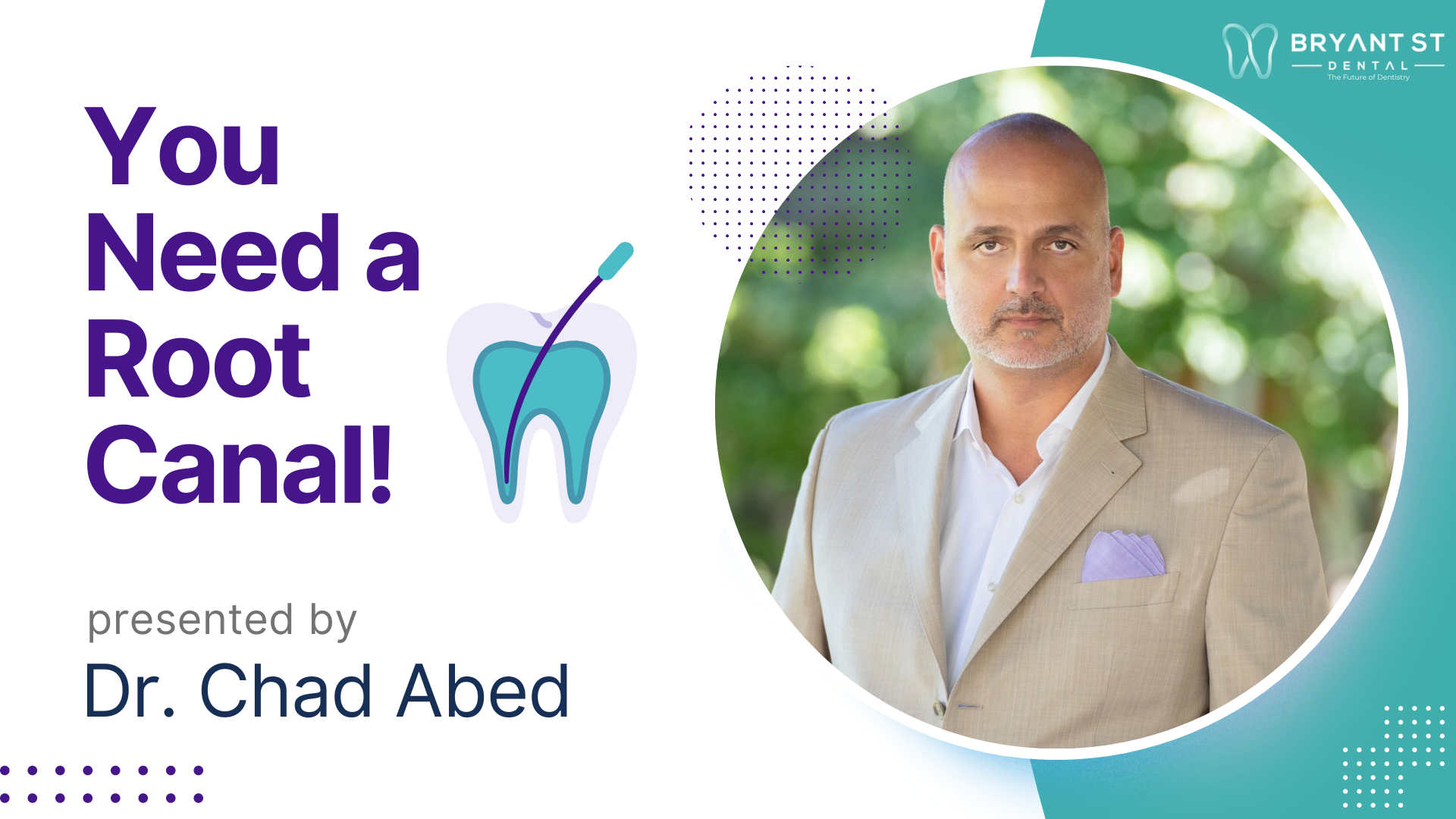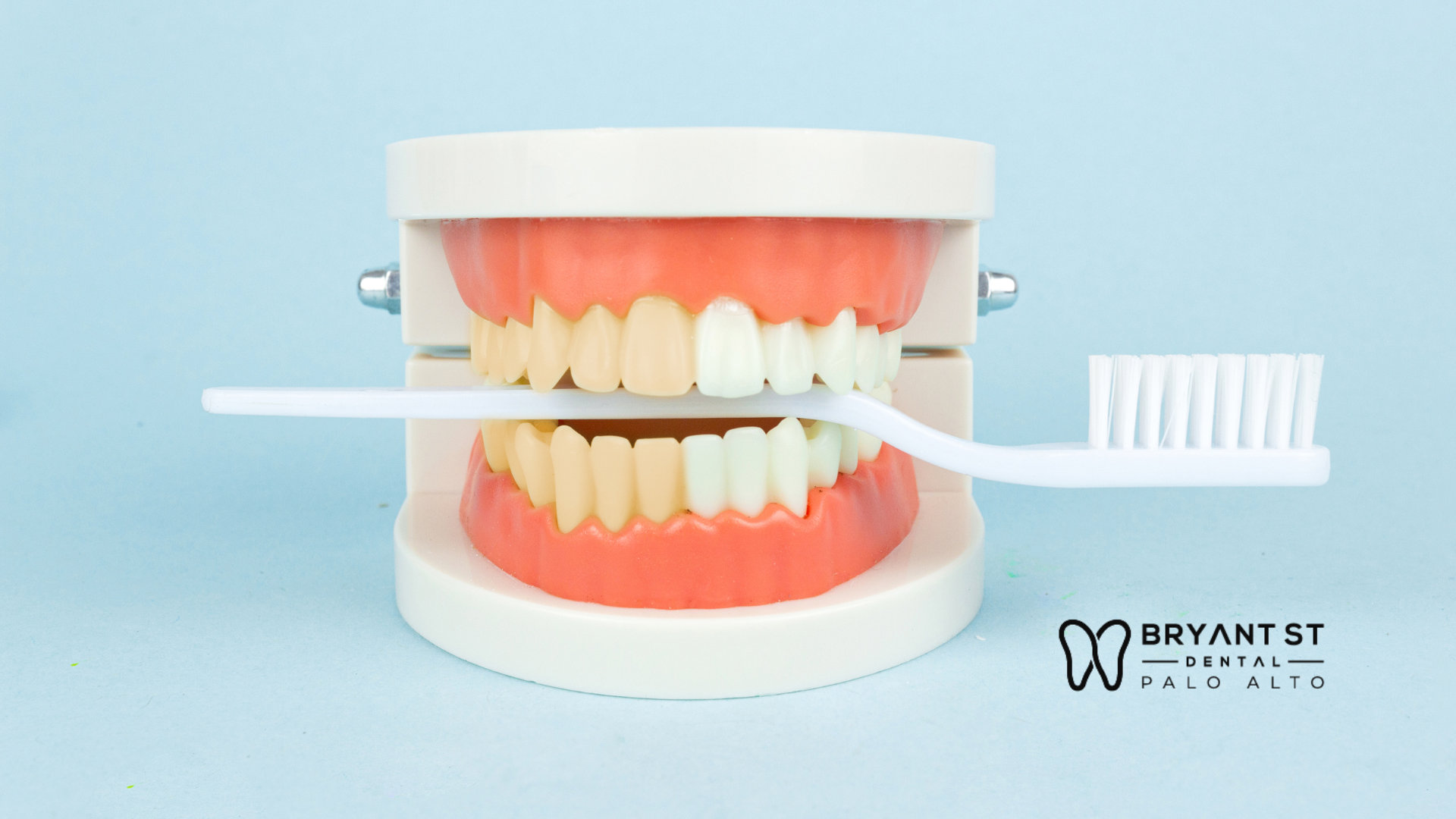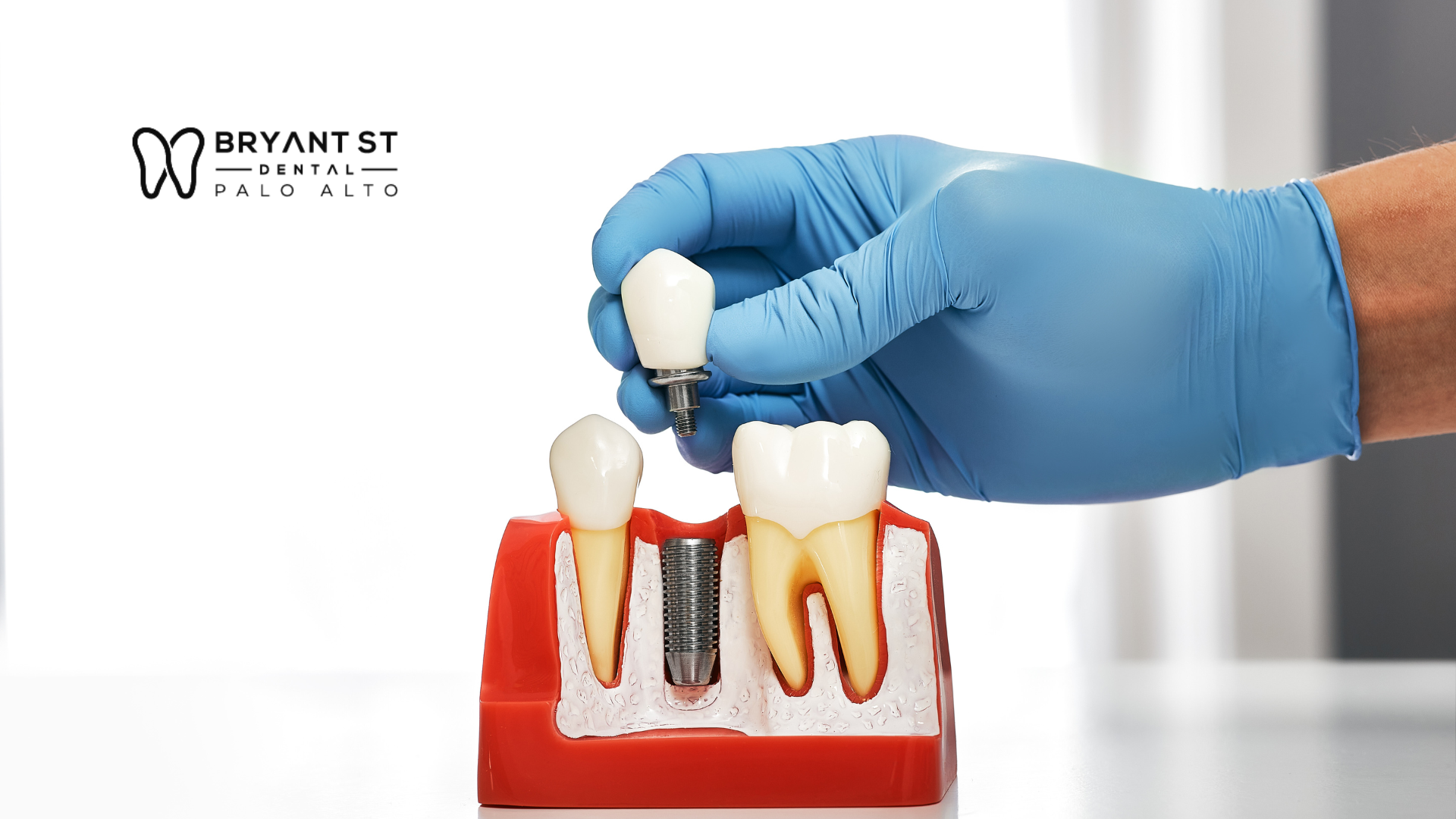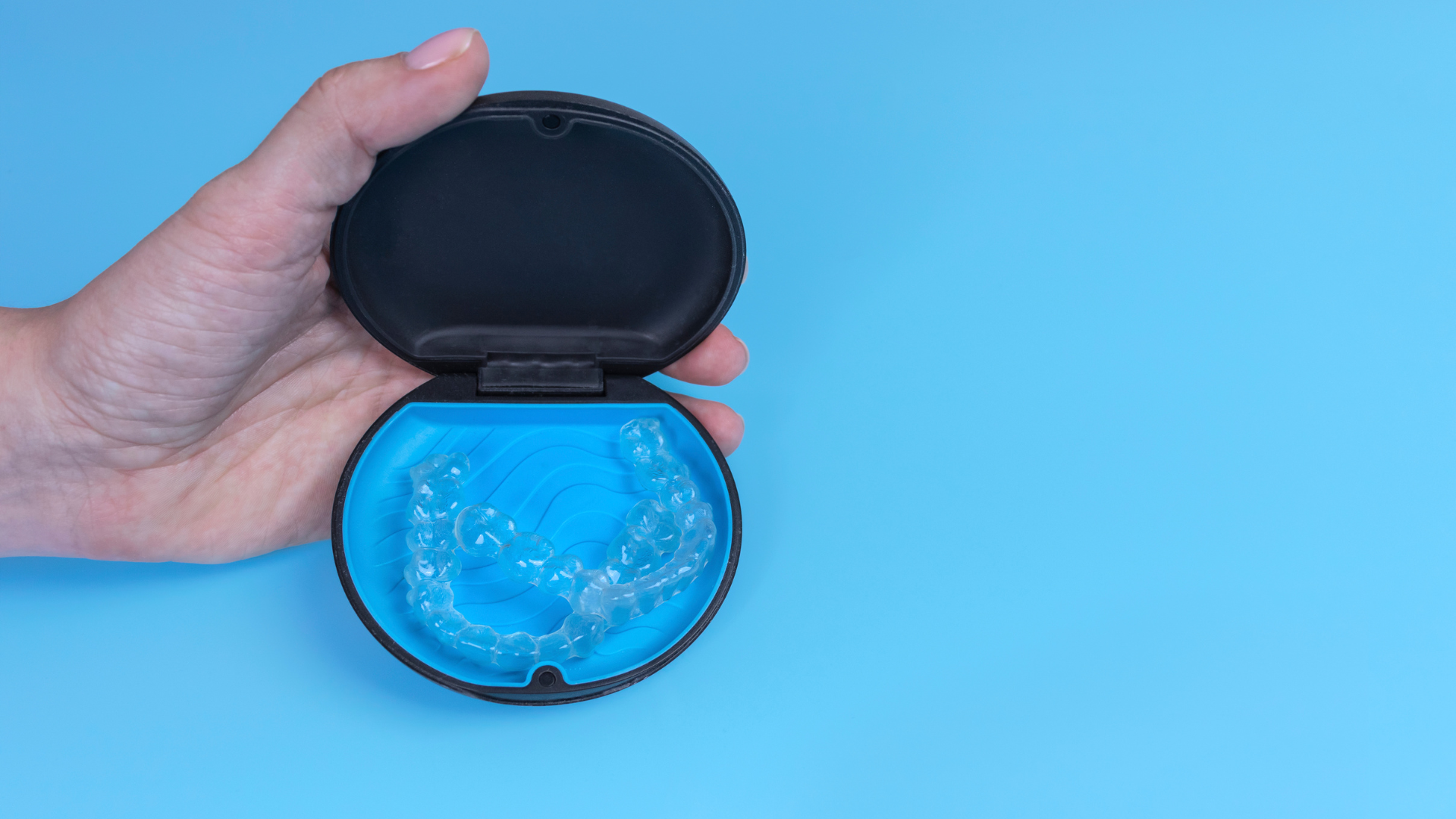Hey there! Our ears sure perk up when the dentist says, "You need a root canal, " You might be really surprised if you haven't felt any symptoms. Or relieved to know there is an end to the pain you have been feeling. Don't worry; it's a standard dental procedure that can save your natural tooth. It's always the best choice to save a tooth and make it healthy again. Catching this dental issue early results in better long term results for your oral condition and general health.
A root canal is necessary when the pulp inside your tooth becomes infected or inflamed due to decay or injury. That's where a root canal comes in - it's a procedure that removes the infected or inflamed pulp and replaces it with a filling to restore the tooth's function and prevent further dental issues.
The root canal procedure involves several steps, including numbing the area around the tooth, drilling a small hole to access the pulp, and removing the infected or inflamed pulp with specialized tools. The tooth is then cleaned and filled with a particular biocompatible material to seal the space and prevent further infection.
While the root canal procedure may sound intimidating, it is a standard and safe dental treatment that preserves your natural tooth and relieves any pain the infection has caused.
In the following sections, we will dive deeper into what a root canal is and its benefits, then answer some frequently asked questions about the procedure.

Understanding Root Canal Treatment
Root canal treatment is a dental procedure that involves removing the infected or inflamed pulp from inside the tooth. To understand what a root canal is, it's essential to understand the anatomy of a tooth.
Each tooth has three layers - the enamel, the dentin, and the pulp. The pulp is the tooth's innermost layer and contains nerves, blood vessels, and connective tissue. When the pulp becomes infected or inflamed due to decay or injury, it can cause severe pain and sensitivity.
Some of the symptoms that may indicate the need for a root canal include:
- Severe tooth pain when chewing or biting
- Sensitivity to hot or cold temperatures
- Swelling or tenderness around the tooth
- Discoloration of the tooth
- Recurring pimples on the gums
If you experience any of these symptoms, seeing your dentist as soon as possible is critical to determine if a root canal is necessary.
In the past decade, advanced technology and techniques have greatly improved the root canal experience. Modern root canal treatments are often quick, painless, and effective. Your dentist may use special instruments and methods to ensure a comfortable and efficient procedure.
During the root canal procedure, your dentist will:
- use a local anesthetic to numb the area around the tooth.
- create a small hole in the tooth
- access the pulp and remove the infected or inflamed tissue.
- thoroughly clean and fill the tooth with a biocompatible material to prevent further infection.
- Sometimes a temporary filling or crown may be placed on the tooth until a permanent restoration can be completed. If your dentist has the CERC technology in the office, then they can complete the process in one appointment
TAKE AWAY: The root canal treatment is a safe and effective way to alleviate tooth pain and preserve your natural tooth. If you are experiencing any symptoms of a dental issue, don't hesitate to contact your dentist for an evaluation.
Benefits of Root Canal Treatment
Root Canal vs. Tooth Extraction
Patients may wonder whether root canal treatment or tooth extraction is the best solution when faced with a dental issue such as an infected or damaged tooth. Both procedures have pros and cons, and the best option depends on the patient's specific needs and circumstances.
Root canal treatment involves removing the infected or inflamed pulp inside the tooth and filling the space with a special material to prevent further infection. The tooth is then restored with a filling or crown. One of the biggest advantages of root canal treatment is that it preserves the natural tooth and its function.
Tooth extraction involves removing the entire tooth from the socket. This may be necessary if the tooth is severely damaged or infected and cannot be saved with root canal treatment. While extraction may seem like a quick fix, it can negatively affect the surrounding teeth and jawbone.
| Choosing a Root Canal | Choosing Extraction |
|---|---|
| Preserves the natural tooth and normal function | Tooth loss has a negative effect on gums, and bones. Causes a domino effect of missing teeth when the space is not filled. |
| Reduces risk of bacteria entering the bloodstream and contributing to general health problems, like heart disease or diabetes | Complications following extraction, i.e., dry socket |
| A root canal resolves pain caused by infection and swelling and abscess | Requires additional treatments caused by a missing tooth such as a dental implant |
| Advances in dentistry make the procedure more comfortable | More expensive in the long run |
A customized treatment plan is the best solution to multiple dental concerns. Patients who understand the many benefits of Full Mouth Restoration will realize this treatment as a solution to their high risk health problems and oral concerns:
- Improved oral health: Full Mouth Restoration can help address a wide range of dental issues, including tooth decay, gum disease, and tooth loss. By restoring your teeth to optimal health and function, you'll be able to maintain good oral hygiene habits that will help prevent future dental issues.
- Enhanced aesthetics: Full Mouth Restoration can help improve the appearance of your teeth and smile, which can have a positive impact on your confidence and self-esteem. With treatments like porcelain veneers, teeth whitening, and dental implants, you can achieve a beautiful, natural-looking smile that you can be proud of.
- Improved function: Full Mouth Restoration can help restore your teeth to their natural function, which means you'll be able to eat, speak, and smile with confidence again. You'll also be able to enjoy all of your favorite foods and activities without any limitations.
At Bryant St Dental San Diego, we've had the pleasure of helping many patients achieve these benefits through Full Mouth Restoration. Our team of experts is dedicated to providing safe, effective, and customized treatments that address each patient's unique needs and goals.
We're proud to share some of our success stories and before-and-after photos. By seeing the incredible results that our patients have achieved, you can get a better sense of what Full Mouth Restoration can do for you. We're here to help you achieve optimal oral health and a beautiful, healthy smile.
The Untreated Infections of the Inner Tooth - Risks to General Health,
Untreated infections of the inner tooth, also known as pulp infections, can pose serious risks to general health. The inner tooth, which contains nerves and blood vessels, can become infected due to tooth decay, cracks or fractures, or trauma. If left untreated, the infection can spread beyond the tooth and into the surrounding tissues, leading to more serious health issues.
One of the primary risks of untreated tooth infections is the potential for the infection to spread to other parts of the body. This can occur through the bloodstream, and can lead to serious health conditions such as sepsis or heart disease. Additionally, the bacteria from the infection can weaken the immune system, making the body more susceptible to other infections and illnesses.
In some cases, untreated tooth infections can lead to the formation of abscesses, which are pockets of pus that develop in the gums or jawbone. Abscesses can be extremely painful and can cause swelling and inflammation in the surrounding tissues. They can also cause damage to the bone, which can lead to tooth loss or even facial disfigurement.
In pregnant women, untreated tooth infections can pose a risk to both the mother and the developing fetus. Research has shown a link between untreated dental infections and preterm labor, low birth weight, and other complications during pregnancy.
Furthermore, untreated tooth infections can lead to chronic pain and discomfort, which can impact a person's quality of life and mental health. Chronic pain can cause anxiety, depression, and can interfere with daily activities, such as eating, sleeping, and working.
TAKE AWAY: Untreated infections of the inner tooth pose significant risks to general health. If you experience symptoms of a tooth infection, such as pain, swelling, or sensitivity to hot or cold temperatures, it's important to seek treatment from a dentist or endodontist as soon as possible to prevent the infection from spreading and causing more serious health issues.
Six Frequently Asked Questions about Root Canal Treatment
1. What is the success rate of root canals in the USA?
The success rate of root canals in the USA is generally very high. According to the American Association of Endodontists (AAE), the success rate of root canal treatment is approximately 95%.
However, note that success rates can vary depending on factors such as the complexity of the case and the patient's overall oral health.
Additionally, the success of a root canal treatment may depend on how well the patient follows post-treatment care instructions and maintains good oral hygiene practices.
2. Is root canal treatment painful?
While root canal treatment may have a reputation for being painful, modern techniques and anesthesia make the procedure relatively painless, patients may experience some discomfort or sensitivity after the procedure, but this can typically be managed with over-the-counter pain medications.
3. How long does a root canal procedure take?
The length of a root canal procedure can vary depending on the complexity of the case, but on average, the procedure takes about one to two hours. Your dentist can provide a more specific estimate based on your needs and circumstances.
4. What is the recovery process like after a root canal?
After a root canal procedure, it is normal to experience some discomfort or sensitivity in the treated tooth. Your dentist may recommend over-the-counter pain medications or prescribe medication to manage the pain. It is also important to avoid chewing on the treated tooth until it is fully restored. Meaning between appointments.
5. Can I eat normally after a root canal?
While it is important to avoid chewing on the treated tooth until it is fully restored, patients can typically resume their regular diet after a root canal procedure. Avoiding hard or crunchy foods for a few days after the procedure may be helpful in preventing discomfort.
6. How long does a root canal last?
A root canal-treated tooth can last a lifetime with proper oral hygiene and regular dental checkups. Practicing good oral hygiene habits, such as brushing twice a day and flossing daily, is vital to prevent further dental issues.
Conclusion:
Root canal treatment is a safe and effective way to alleviate tooth pain and preserve the natural tooth. By removing the infected or inflamed pulp from inside the tooth, root canal treatment can prevent further dental issues and improve overall oral health.
Preserving the natural tooth is vital for maintaining proper oral function and preventing adverse long-term effects on surrounding teeth and jawbone. Root canal treatment offers a solution that preserves the natural tooth and its function.
If you are experiencing any symptoms of a dental issue, such as severe tooth pain or sensitivity, don't hesitate to contact Bryant Street Dental for an evaluation.
Dr. Abed and his team provide prompt treatment to prevent further damage and improve the success rate of root canal treatment.
Root canal treatment is a safe, effective, and preferred method for treating dental issues and preserving the natural tooth.
For any concerns or questions you have, don't hesitate to give us a call and speak with a team member. We are here for you and are happy to reassure you and answer all your questions.
Your Palo Alto Dentist; Be Confident, Be Healthy and Love Your Dentist.
ADDRESS: 824 Bryant St. Palo Alto, CA, 94301
HOURS Mon - Thu 8:00 am - 5:00 pm
Friday 8:00 am - 12:00 pm
Sat - Sun Closed
CALL US: (650) 800-6186
EMAIL:
info@bryantstdental.com










